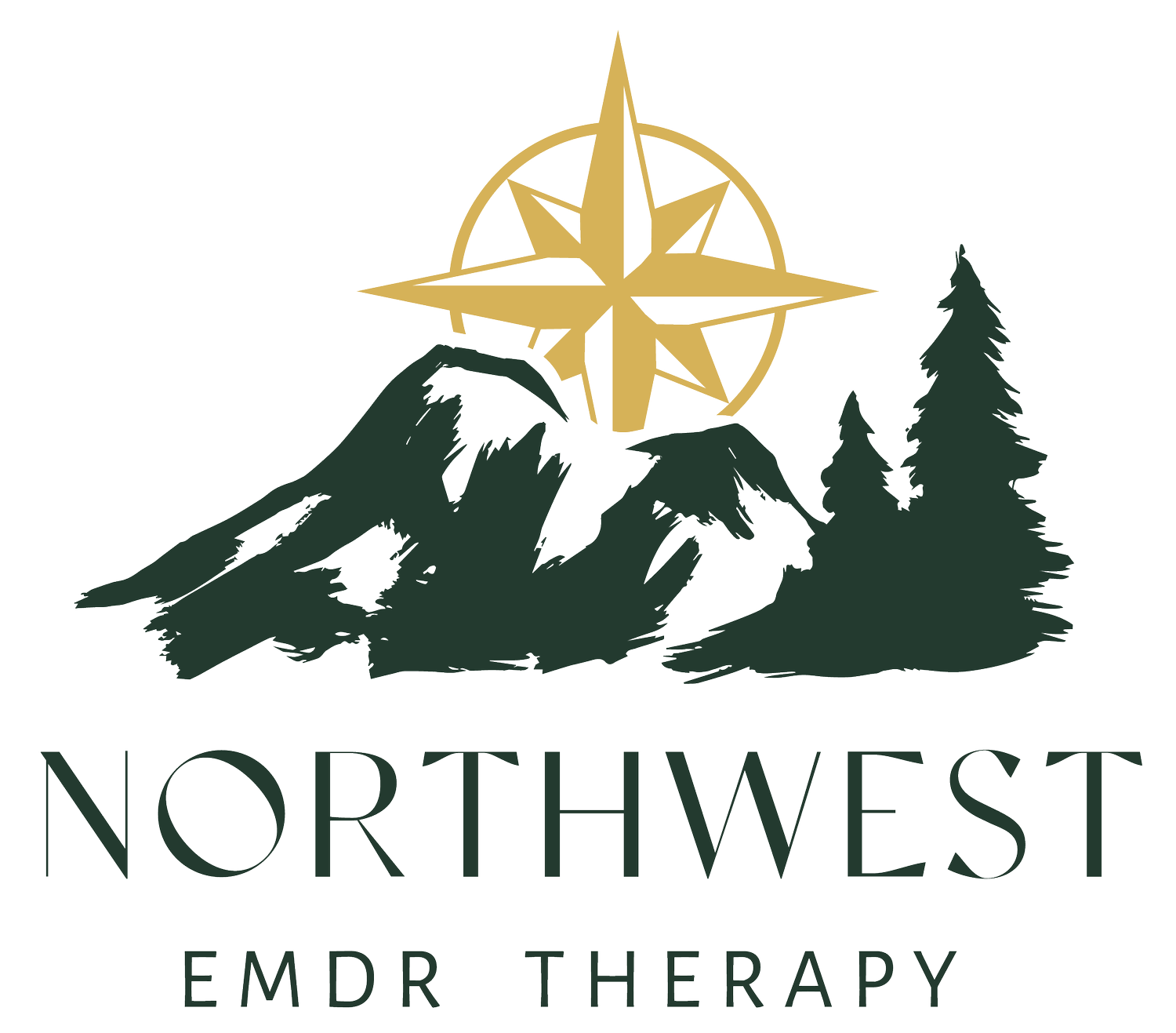PTSD Therapy
Post Traumatic Stress Disorder (PTSD) has heavy emotional and financial costs and affects millions of people every year. Counseling can help you or your loved one relieve symptoms of PTSD and live a happy, normal life.
We provide PTSD therapy both here in Vancouver, WA and through our telehealth services. We help our clients walk through their feelings and overcome the aftermath of traumatic events. If you or your loved one has been diagnosed with PTSD, is experiencing symptoms, or has been asking where to find a PTSD therapist near me or Complex PTSD therapist near me, our professionals can help. Our wellness-based therapeutic solutions for PTSD patients will improve your symptoms.

What Is PTSD?
Post Traumatic Stress Disorder (PTSD) is a mental condition resulting from experiencing, witnessing, or being repeatedly exposed to a shocking event. PTSD is commonly associated with military officers returning from service, but it can affect anyone who has gone through trauma.
PTSD can manifest as nightmares, severe anxiety, flashbacks, and strained relationships with one’s social circle. Around 20 percent of adults in the United States develop PTSD, making it a relatively common disorder. The National Center for PTSD states that nearly 4 percent of men and 10 percent of women will develop PTSD at some point in their lives. PTSD drastically affects the day-to-day life of people diagnosed with it and also comes with high costs in terms of their experience, the experience of their loved ones, and its treatment.



How Is PTSD Diagnosed?
PTSD is diagnosed either after your doctor performs a physical examination or a psychological evaluation of you. During the physical examination, your doctor would check for any underlying medical conditions that may be causing your symptoms. They may also ask you questions relating to your medical history.
A psychological evaluation, on the other hand, would involve discussing your signs and symptoms and the event or events that led to them. Your doctor could also diagnose PTSD by using the criteria stated in the Diagnostic and Statistical Manual of Mental Disorders (DSM-5). The manual is published by the American Psychiatric Association. A person must have experienced or witnessed a traumatic event before they can be diagnosed with PTSD. They must also have experienced symptoms resulting from such exposure for upwards of a month. These symptoms must have had a significant negative impact on their functioning in social circles and at work on a day-to-day basis.
FAQ

What is the Difference Between PTSD and Complex PTSD?
PTSD and Complex PTSD are resultant effects of trauma with many similar symptoms. As their name implies, however, they are two different conditions. While CPTSD is caused by ongoing trauma, PTSD can be caused by a single traumatic event. The trauma leading to CPTSD may last for months or years. CPTSD also has more complex symptoms and may take much longer to treat. PTSD and CPTSD differ by the type of trauma that causes them and the range of symptoms that may be experienced. The two disorders may include these categories of symptoms.
What is Complex PTSD?
Complex PTSD (c-PTSD or CPTSD) is a condition caused by repeated or ongoing emotional trauma. It is a fairly new term recognizing a condition where a person experiences symptoms transcending those of PTSD. Along with the symptoms of PTSD, CPTSD is marked by low self-esteem, difficulty regulating emotions, and a pattern of unhealthy relationships.
People undergoing symptoms of CPTSD may experience constant feelings of hopelessness, worthlessness, and emptiness; dissociative symptoms like derealization or depersonalization, regular suicidal feelings, avoiding friendships and relationships or finding them extremely difficult, feeling that you are completely different from others and no one can understand what you have been through. In some cases, people with complex PTSD may experience ’emotional flashbacks,’ which take them through intense feelings that they originally felt at the time of the trauma.
Sometimes, they react to events in the present as though these events are causing those feelings, whereas they are going through feelings that they had experienced during the trauma in the present moment. There has been some discussion about whether complex PTSD is a form of PTSD or an entirely different condition. Professionals are not agreed on which one it is, thus leading to the use of terms such as ‘enduring personality change after catastrophic experience (EPCACE)’ and ‘disorders of extreme stress not otherwise specified (DESNOS).’Complex PTSD could result from traumatic events such as childhood abuse, neglect or abandonment, ongoing domestic violence or abuse, repeatedly witnessing violence or abuse, being a prisoner of war, or other extremely traumatic situations. Complex PTSD is more likely to develop if you experienced it at an early age, you experienced multiple traumas, or the trauma was inflicted by someone close to you.
